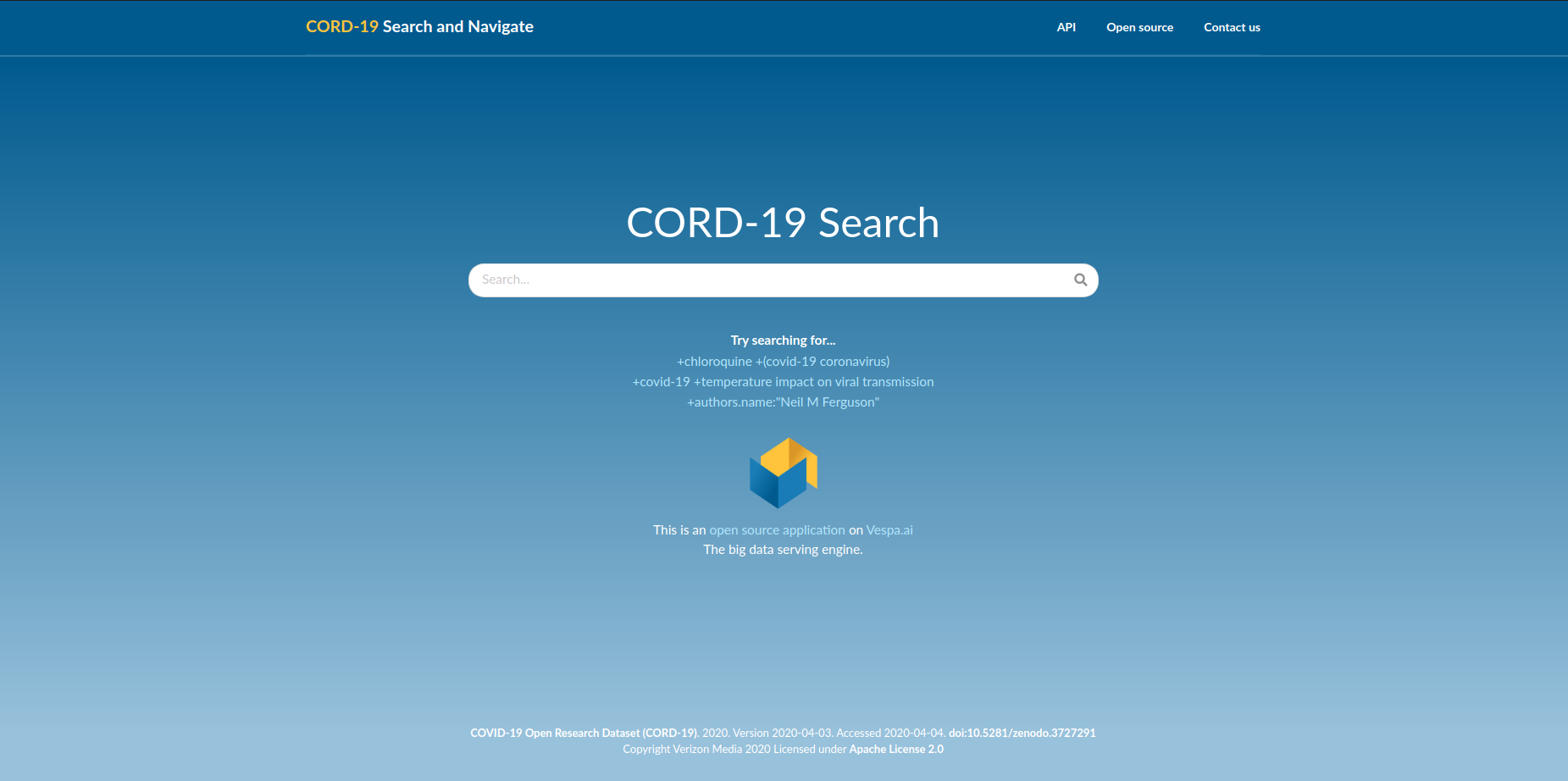Week 10: Catherdral-Bazaar and Invited Speaker
Cathedral/Bazaar
This read was easy to digest because of its engaging, story-like approach to the topic. I found it helpful that Raymond drew parallels between his popclient project and the Linux project. Combined with the numbered pieces of advice, it felt as if Raymond was teaching us the lessons he had learned as they had approached him. While none of his arguments or lessons were revolutionary, they were well-placed and succinct.
Although, I found the context of pitting the cathedral and bazaar model a bit confusing. Towards the end of the essay, Raymond seems to be championing open-source development over traditional development for all purposes. He points out some counterarguments and attempts to refute them; the following excerpt tries to tackle with the issue of money and motivation
Because the moment there is open-source competition for a ‘boring’ piece of software, customers are going to know that it was finally tackled by someone who chose that problem to solve because of a fascination with the problem itself—which, in software as in other kinds of creative work, is a far more effective motivator than money alone.
He seems to believe that once a software problem is deemed interesting, it would be far more effective to have ‘joy’ and ‘fascination’ deal with the issue than ‘money’, which just feels quite counter-intuitive looking at the world today. This seems to ignore that those driven by money to solve the issue also tend to be backed by money and resources, allowing for solutions to be scaled up.
While I personally am a fan of the bazaar model over the cathedral model, I would not be bold enough to claim that the bazaar model would beat out the cathedral model. I believe they both have their places in software, especially since a lot of cathedral models rely on some bazaar built software and vice versa.
Gil Yehuda Talk
I found it reassuring that Yehuda was adamant that jobs geared towards open-source existed and were possible to attain. He emphasized that having the ability to use and having a history of contributions to open-source software is a valuable asset you could leverage when applying for jobs.
He also briefly mentioned the CORD-19 project which is a search engine for COVID-19 research. What I find fascinating about this is the swiftness with which organizations act to set such tools up. It is very awe-inducing and tempts me very much to eventually look for employment that makes open-source contributions in quick response to need.

Project Development
I think Charlie’s post does a fantastic job covering how our project looks so far.
